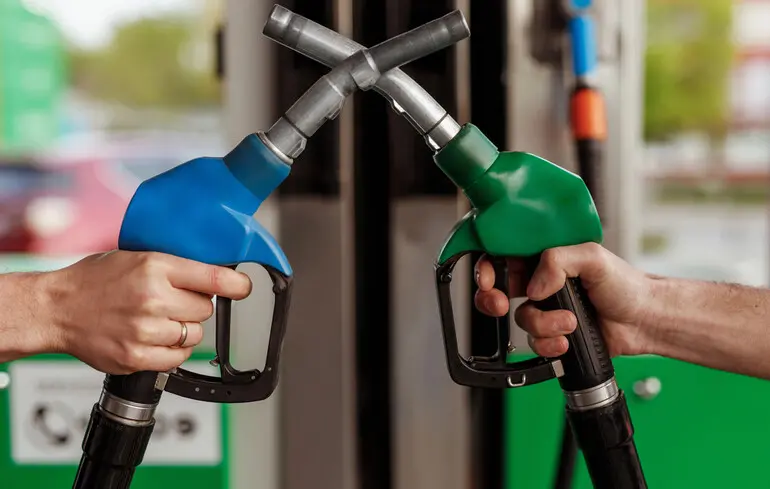Threat to Russia’s Energy Security: Diesel Export Ban and Decline in Refinery Production

As a result of effective Ukrainian military strikes on strategic oil industry targets, particularly oil refineries (NПЗ), Russia faces an escalating crisis in fuel supplies.
Russian Deputy Prime Minister Alexander Novak officially announced government plans to tighten controls on fuel exports.
Specifically, a ban on diesel exports will be implemented for traders, although manufacturers will remain unaffected, allowing them to prioritize long-term clients.
These measures are complemented by an export ban on gasoline for all market participants until the end of the year, although officials admit these steps have been insufficient to resolve the ongoing shortages.According to financial analysts from FT, since August, Ukrainian drones have carried out at least 16 attacks on 38 Russian refineries, often striking multiple facilities multiple times, severely disrupting operations.
Experts from Energy Aspects highlight that such attacks have reduced refinery capacity by over one million barrels per day.
Consequently, the market is experiencing significant shortages, and fuel prices continue to rise.While these measures help preserve some reserves, experts warn of further shortages and supply disruptions.
Meanwhile, Belarus has restricted gasoline supplies to Russia, worsening the situation.
Russian authorities attribute rising prices and shortages to reduced refinery output, which is one of the consequences of Ukrainian strikes.Looking ahead, analysts suggest that Russia’s energy sector will remain under pressure, with ongoing reductions in refinery production and export restrictions likely leading to higher fuel prices and shortages domestically.
For a detailed overview of these developments and economic analyses, read Oleksii Plastun’s article on ZN.UA titled “Masterclass from Russia: How to recover from the knees to crawling.”

